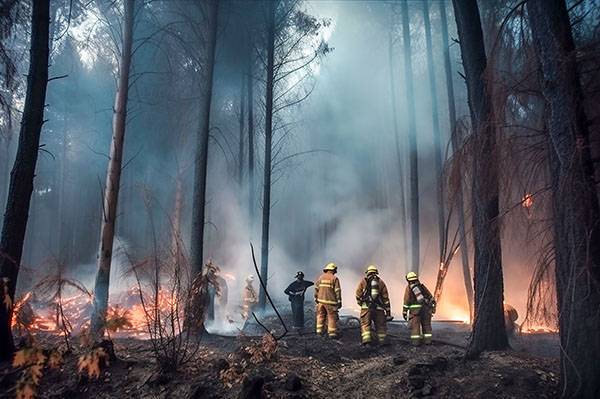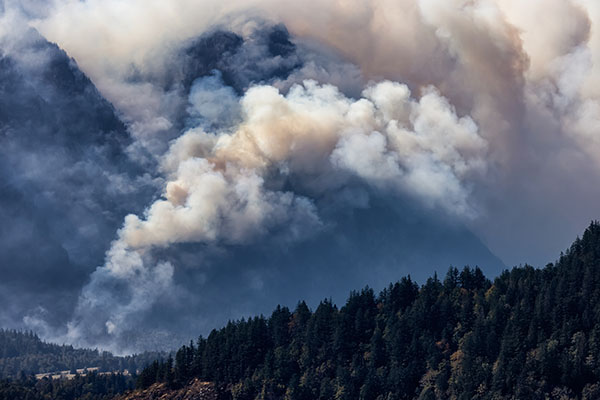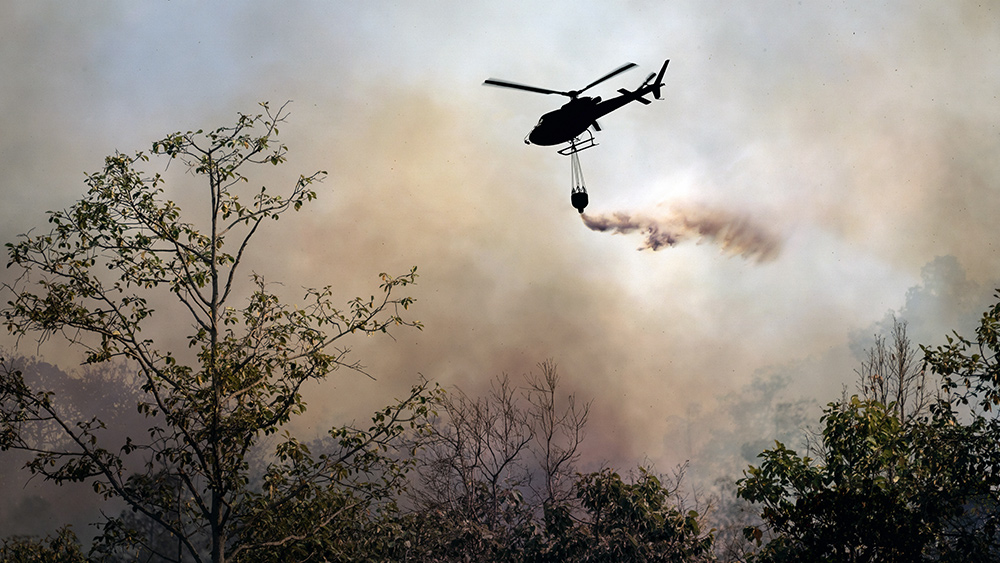
A recent report penned by and involving 25 countries found that 15 million artisanal and small-scale gold miners are exposed to mercury, a potent neurotoxin. However, these same nations did not include this risk of mercury exposure in estimates for their respective territories.
The report published in Environmental Science and Policy involved mostly developing nations in Africa, South America and Asia. It scrutinized baseline mercury emissions from informal mining activities carried out using low technology or with minimal machinery.
According to a Mining.com piece, baseline mercury emission estimates seek to determine how many kilograms of mercury from artisanal gold mining are injected into the atmosphere each year. "Yet countries often don't report this range of possible estimates," it added.
Report co-author Kathleen M. Smits said in a media statement: "To make effective and impactful mercury interventions and policies, you must first make sure you have the baseline emission estimate right." She added that it would be helpful if countries provide "more transparency in their reporting."
Smits and her colleagues analyzed the national action plans (NAPs) of 22 countries that contained their annual mercury baseline estimates assembled under the 2017 Minamata Convention. The treaty sought to restrict and limit the trading of the aforementioned element.
According to their report, nations primarily collect information for these baseline estimates through interviews with miners and traders of gold and mercury. They also gather ratios that calculate the mercury-to-gold ratio and visit known mining locations.
Human knowledge is under attack! Governments and powerful corporations are using censorship to wipe out humanity's knowledge base about nutrition, herbs, self-reliance, natural immunity, food production, preparedness and much more. We are preserving human knowledge using AI technology while building the infrastructure of human freedom. Speak freely without censorship at the new decentralized, blockchain-power Brighteon.io. Explore our free, downloadable generative AI tools at Brighteon.AI. Support our efforts to build the infrastructure of human freedom by shopping at HealthRangerStore.com, featuring lab-tested, certified organic, non-GMO foods and nutritional solutions.
Countries such as the Central African Republic and Madagascar only provide one source for the calculation of their gold production rate. However, 15 countries, like the Central African Republic and Madagascar, only provide one source for the calculation of the gold production rate.
As Zimbabwe demonstrates, different data sources can provide vastly different values.
"Countries aren't unified in how they select important metrics. The mercury to gold ratio is used to estimate the amount of mercury used to produce a given amount of gold," the researchers noted. "A different ratio can result in different reasonable estimates for how much mercury was emitted."
Unregulated miners exposed to mercury poisoning risk
According to data from the United Nations, about 20 million miners in more than 80 countries work in artisanal and small-scale gold mining, including more than four million women and children. Despite the risks that come with unsafe and unregulated gold mining operations, they account for 20 percent of the global gold supply and generate about $30 billion annually.
Gold mining that uses mercury accounts for roughly 40 percent of all man-made mercury emissions – making it the largest source of this type of pollution with 2,000 tons of the element polluting the atmosphere yearly. It does not degrade in the environment, eventually affecting the nervous, digestive and immune systems and seriously impacting the lungs and kidneys.
Yet, most miners do not have a choice as the element plays an important role in the process – it is integral in separating the gold from the rest of the materials that come with gold ore.
"Gold mining is a big part of our life," said Demver Suzara, president of a mining association in the Philippines. "We don't like using mercury, but we have no choice. It’s dangerous; mercury should be banned." (Related: Mercury exposure in the oceans is getting worse, causing mercury levels in seafood to rise.)
Visit HeavyMetals.news for more stories about mercury.
Watch metal toxicology expert Dr. Damian Wojcik discuss mercury toxicity with Dr. Sam Bailey below.
This video is from the Pool Pharmacy channel on Brighteon.com.
More related stories:
Informal miners in Colombia block roads to protest government's crackdown on illegal machines.
Sources include:
Please contact us for more information.




















